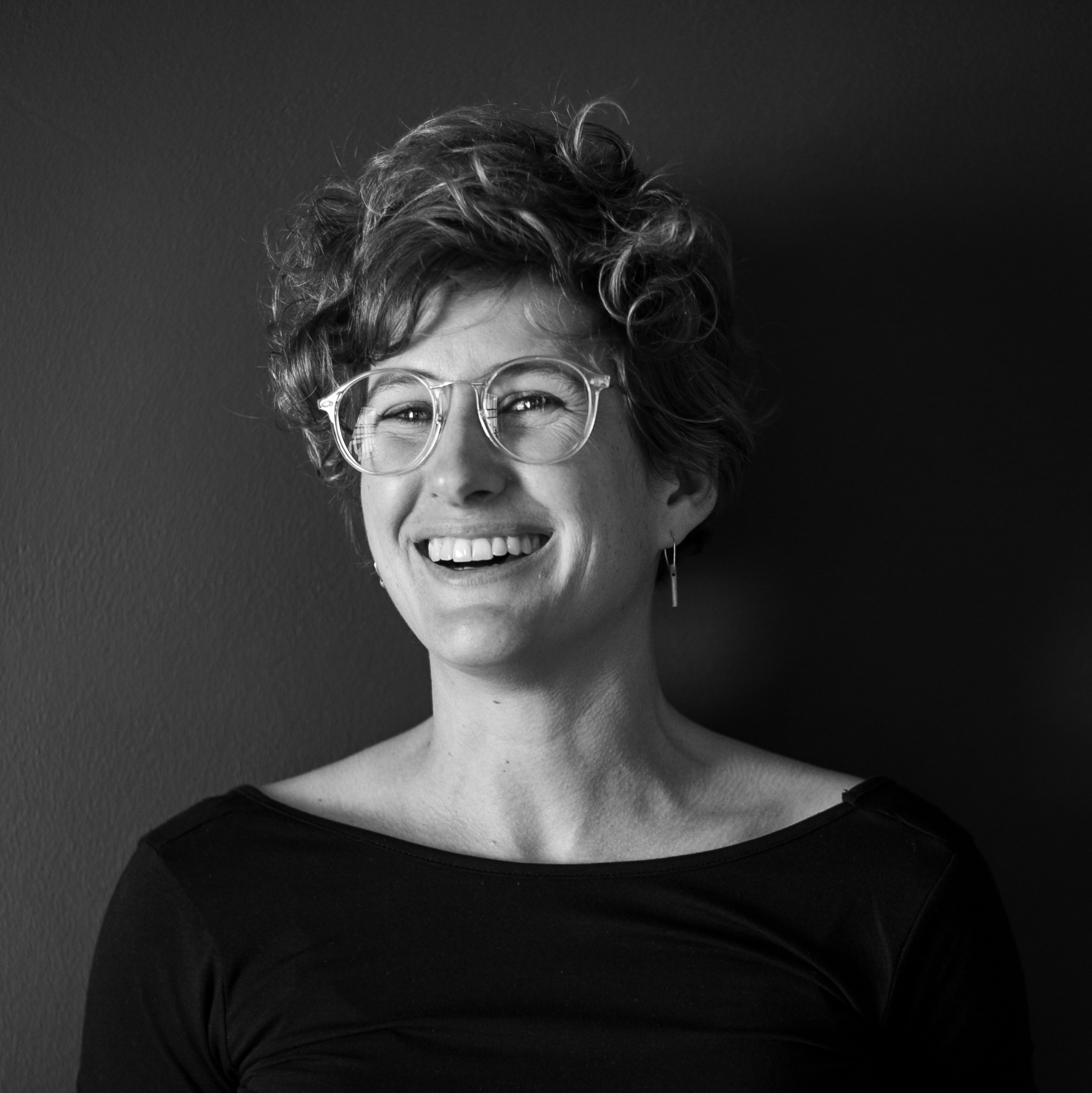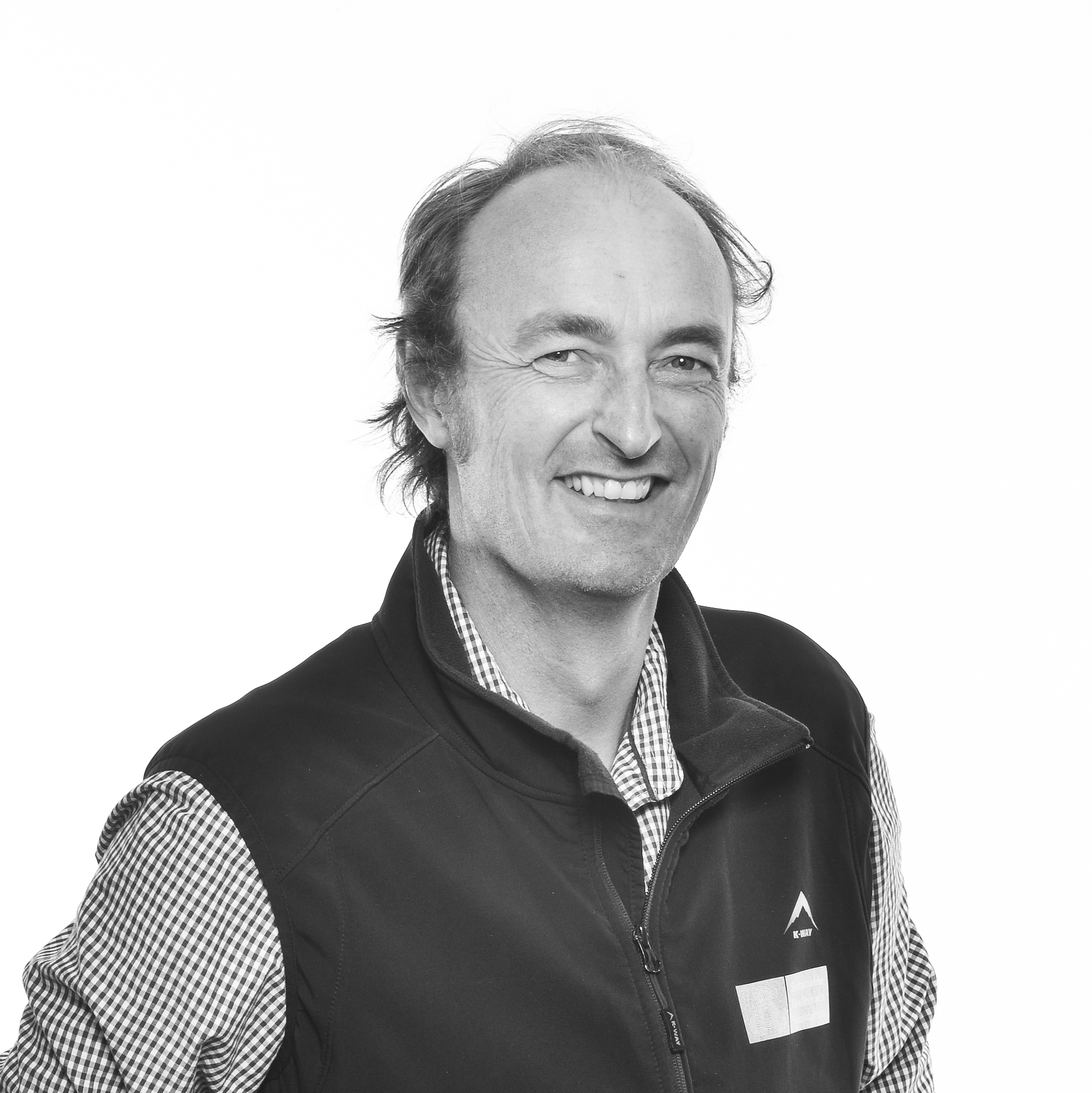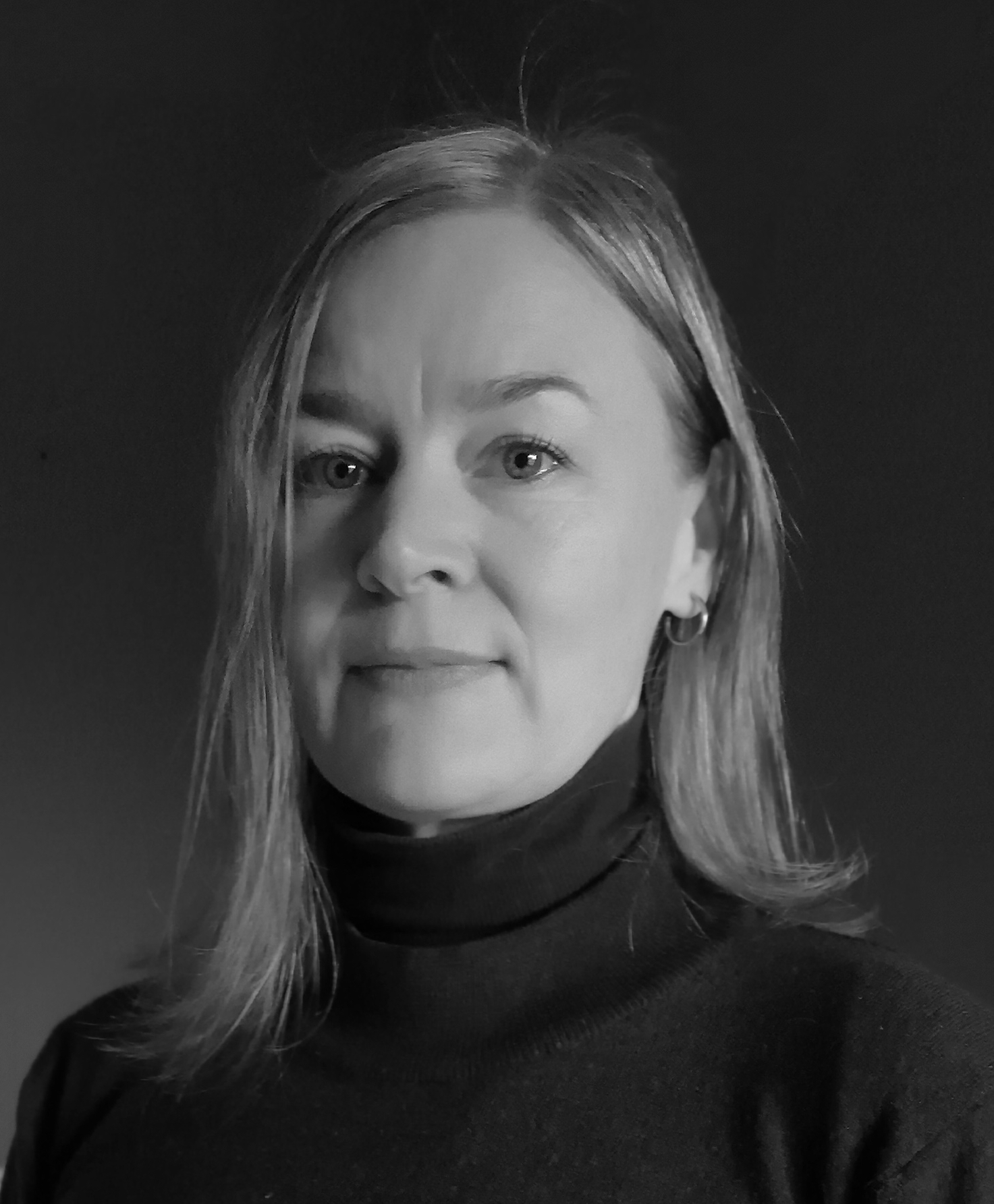South Africa
The South African team will work on two sites, namely the Hidden Years Music Archive (Stellenbosch) and the Kaapse Bossiedokters (Cape Bush Doctors) community in Cape Town, to study competing value constructs that impacts the preservation of heritage. While the bossiedokters, referring to indigenous healers claiming Khoisan ancestry, gathers plants with medicinal properties as part of their cultural practice, they are arrested and criminalised if they do so in protected nature reserves.
Nature is being preserved at the cost of culture, and the question is, how do we think of heritage in this moment in such a way that it will serve the community, while also protecting the environment.
In contrast, in the music archive, culture is effectively recognised as the object or frame of preservation. But in the Hidden Years Music Archive decay has redefined aspects of the archive into something different and unique, so we are asking if this could be a creative part of the preservation enterprise?
Lizabé Lambrechts
Lizabé Lambrechts is a musicologist and heritage practitioner, Associate Professor Extraordinary at the Africa Open Institute for Music, Research and Innovation, Stellenbosch University, South Africa. She also works as the Chief Executive Officer for Nuuseum, a cultural heritage organisation. She has been a STIAS Fellow, a Visiting Scholar, School for Oriental and African Studies, University of London and held two research grants from the Volkswagen Foundation. She previously worked as the Director of Archives at Africa Open (2020-2021), and as the Project Leader for the Hidden Years Music Archive Project, one of South Africa’s biggest popular music archives (2013-2021). From 2015-2018 she served as the Vice Chair of the South African Society for Music. She has set herself apart through entrepreneurial design and management of research projects that focus on the role that archives can play in the transformation of public discourse through activating community interaction. Her recent curatorial work and publications include “The Hidden Archives Vinyl Listening Sessions Vol 1 & 2”, "Record, Memory, Archive", a short documentary on the Hidden Years and “The becoming of an archive: Perspectives on a music archive and the limits of institutionality,” published in Social Dynamics 2022.
About project
Research Director and Principal Researcher of the South African Incubator of the DECAY project, Lizabé Lambrechts is responsible for coordinating the South African team as well as overall research management of the DECAY team. She will use Hidden Years Music Archive as a space to map visual and auditory decay in the archive. Through collaborative experiments, her work will focus on the creation of academic and creative work that explore the generative potential of working with decay. These will include periods of focussed work with local artists and composers in circular processing of archive visits, feedback sessions and performances. She is particularly interested in unpacking the entanglements of archive, collector, archivist and decay, especially the stories that will be lost with memory decay, the collector’s mortality, and the impossibility of capturing a life as an archive.
Leif Petersen
Leif Petersen (Founding Co-Director of Sustainable Livelihoods Foundation NPC/ Extraordinary Senior Lecturer PLAAS; University of the Western Cape).Leif has 25 years’ experience in the development sector and is an informal economy value chain and natural resource specialist. He has conducted multiple conservation-related and informal economy projects throughout southern Africa, and particularly in the Cape Floristic Region, where he completed his PhD with the University of Queensland (Australia) on Cape Town’s informal economy of wild harvested natural resources. He is currently conducting a three year “UKRI-GCRF Water and Fire" climate change resilience and adaptation project in Cape Town with residents of three informal settlements. Leif is particularly interested in different ‘Ways of Knowing” nature and economies, and how these can be better embraced to increasingly support sustainable development. Leif has authored / co-authored 29 peer reviewed publications, and in 2020 co-authored “Township Economy”– an authoritative book on informal economies in southern Africa.
About project
The Cape Floristic Region is a globally unique landscape of critical biodiversity importance. It is also the home to Cape Town, a city of over 4 million residents of diverse economic, geographic and cultural backgrounds. There are diverse views around local biodiversity and its inherent direct and indirect benefits for these residents. To understand these perspectives, and what these mean for processes of ecological decay Leif and the team from SLF will be engaging with diverse Cape Town conservation stakeholders from BossieDoktors to nature conservation professionals. These engagements will explore the counterbalance between cultural and natural heritage protection in the unique Cape Floristic Region. The activities in this project will include conducting a Photovoice participatory community engagement process with a diverse group of nature conservation related stakeholders to explore the balance between protection and decay within the perspectives of these important values, and filming a documentary that showcases the intertwining stories of cultural and natural decay. It is anticipated that the project will further inform a range of academic inputs and peer reviewed papers, feeding an important perspective into the Decay without Mourning project.
Nicola Deane
Nicola Deane is an artist working with organic and digital materials to produce fine art and audiovisual installations. She obtained her BFA & MFA with distinctions from the Michaelis School of Fine Art, University of Cape Town. In 2021 she was awarded a PhD in Visual Arts from Stellenbosch University for her project titled ‘Decentering the Archive: Visual Fabrications of Sonic Memories’ which explored a site of cultural heritage through a decolonial feminist lens. She has performed, screened and exhibited her work nationally and internationally (L’Etrange Film Festival, Paris; Centraal Museum Utrecht), while her research employs decentering strategies to explore cultural heritage sites and practices often developing into aesthetic responses and outcomes. Her doctoral work featured at the International Short Film Festival Oberhausen (2017), the Haus der Kulturen der Welt in Berlin (2018), and is published as an online presentation in the cultural journal herri: https://herri.org.za/5/nicola-deane-decentering-archive/ (2021). She is currently a Postdoc Fellow of the Africa Open Institute for Music, Research and Innovation at Stellenbosch University where she works as a Practice-based researcher on the DECAY-project.
.
About project
As artistic researcher and Post-Doctoral Research Fellow for the project Nicola Deane is creating and curating artistic responses to the anarchival remains of the Hidden Years Music Archive – that is, the superfluous materials that were marginalised by their degrees of decay during the institutionalisation of a personal collection of (counter-) cultural heritage in South Africa between 1960 and 2000. She examines the visual and sonic traces of decay upon these materials that have been transformed by organic and interactive processes through time, to map and explore their aesthetic values and conceptual potential to generate alternative perspectives and reflections on heritage. Her collaboration with other artists will produce a series of artworks across the mediums of photography, film, sculpture, sound, performance and installation.
Artistic Collaborations
The South African incubator engages with practice-led research in order to centre our research activities in the creative actions of the present where these encounters unpack, critique, and play with decay by means of practice and reflecting on the outcomes of that practice. This may include activating objects, landscapes and heritage sites through community workshops, curatorial gestures and performances. We collaborate with various scholars and artists in practice-led processes, including:
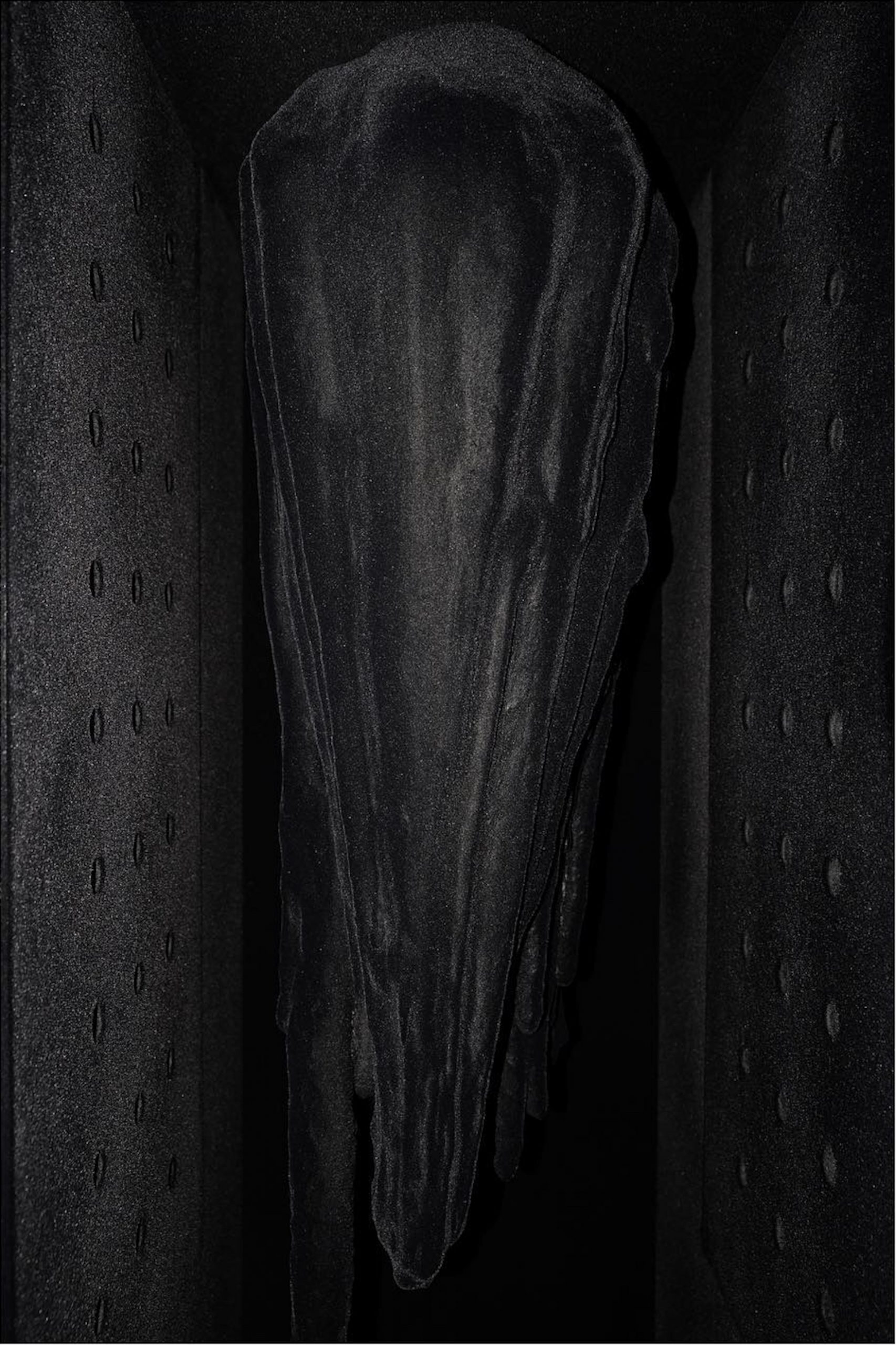
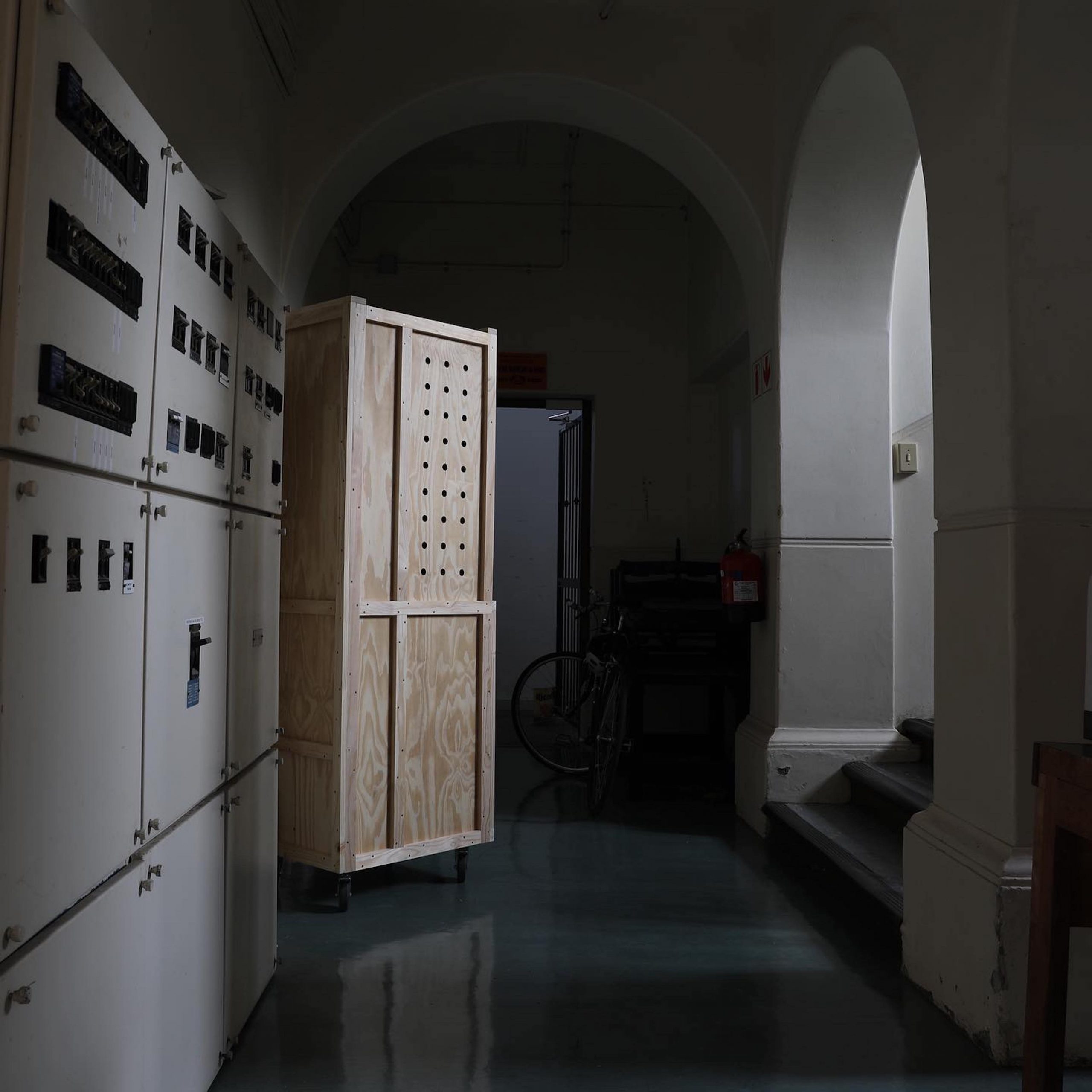
Dominique Edwards
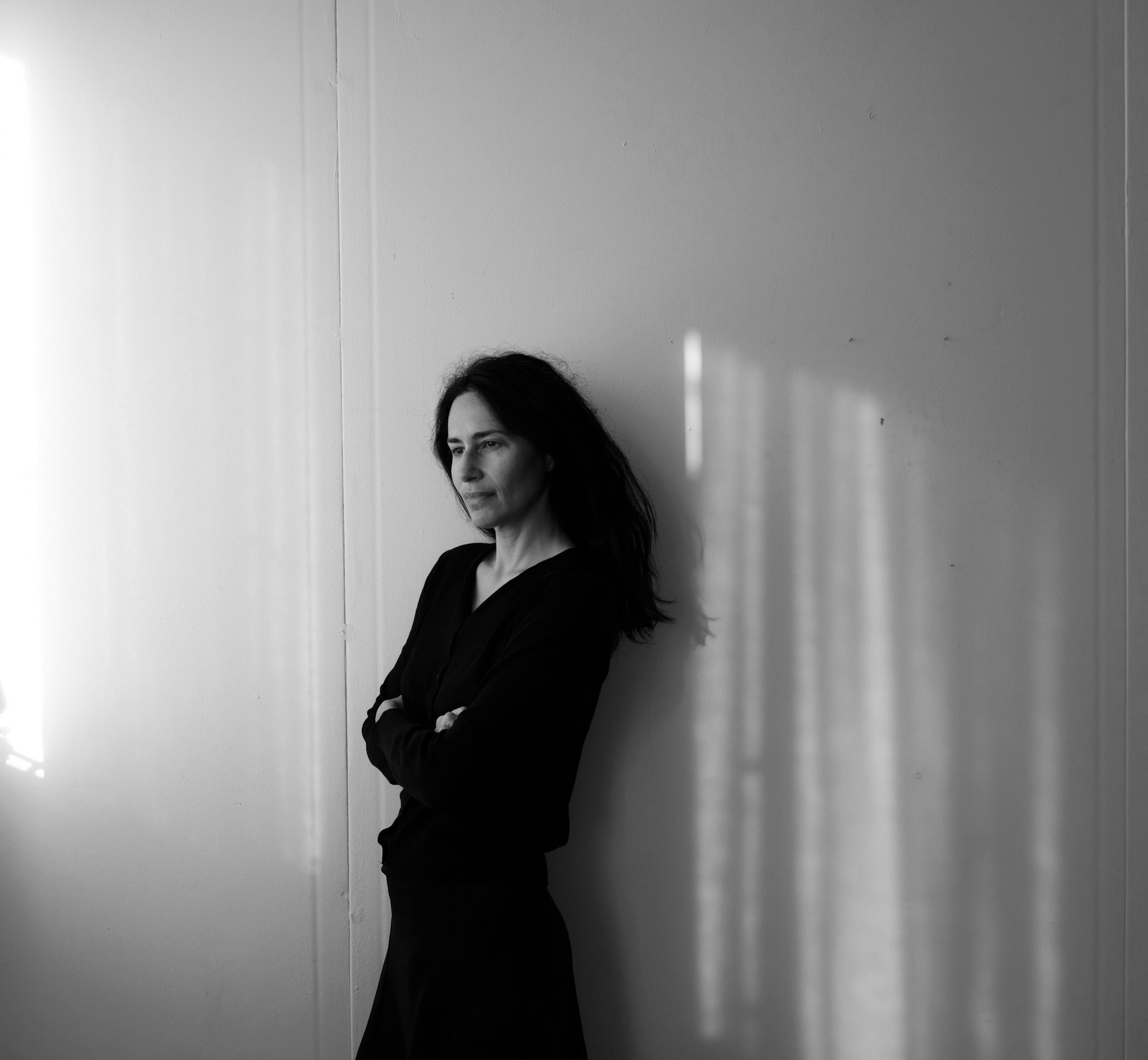
Dominique Edwards, is a visual artist based in Cape Town, working primarily in drawing and sculpture. Her practice is concerned with the making of things, processes involving the shape-shifting and transmutation of material. Anthropomorphised and often described as otherworldly, her sculptures suggest semiotic systems of their own – a relational cosmology familiar to an empathetic memory of known bodies and objects.
Parallel with her practice as an artist, Dominique lectures part-time in visual art. She holds an MFA from the Michaelis School of Fine Art (2012), a Post Graduate Certificate in Education from the University of Cape Town (2003) and a BAFA from the University of Stellenbosch (2002). Her solo shows include: Distance Between Us (2012), Buikspraak|Gutspeak (2015) and Feelthings (2019).
About project
Dominique Edwards was invited to collaborate with Nicola Deane and make work in response to questions around decay specific to the Hidden Years Music Archive. The piece entitled, "Endling," is intended to travel between archives or sites of "knowledge". Fitted with a motion sensor, it calls to passers by when triggered. If explored further, the doors open into a dense black cavity. Emerging from that void is a solid dark form that continues to call throughout this encounter. The sound was sampled from a decayed audio file from the Hidden Years Music Archive.
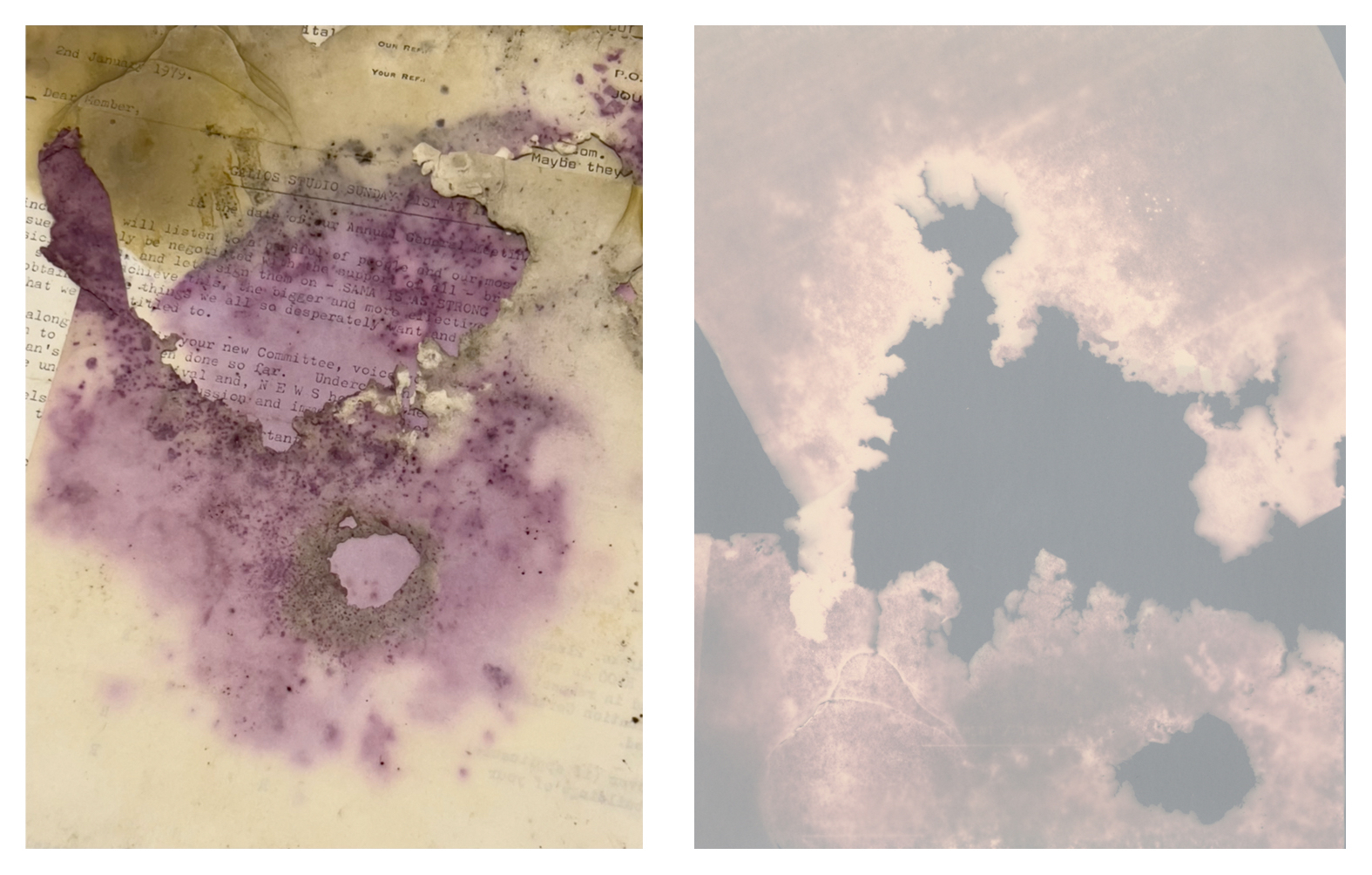
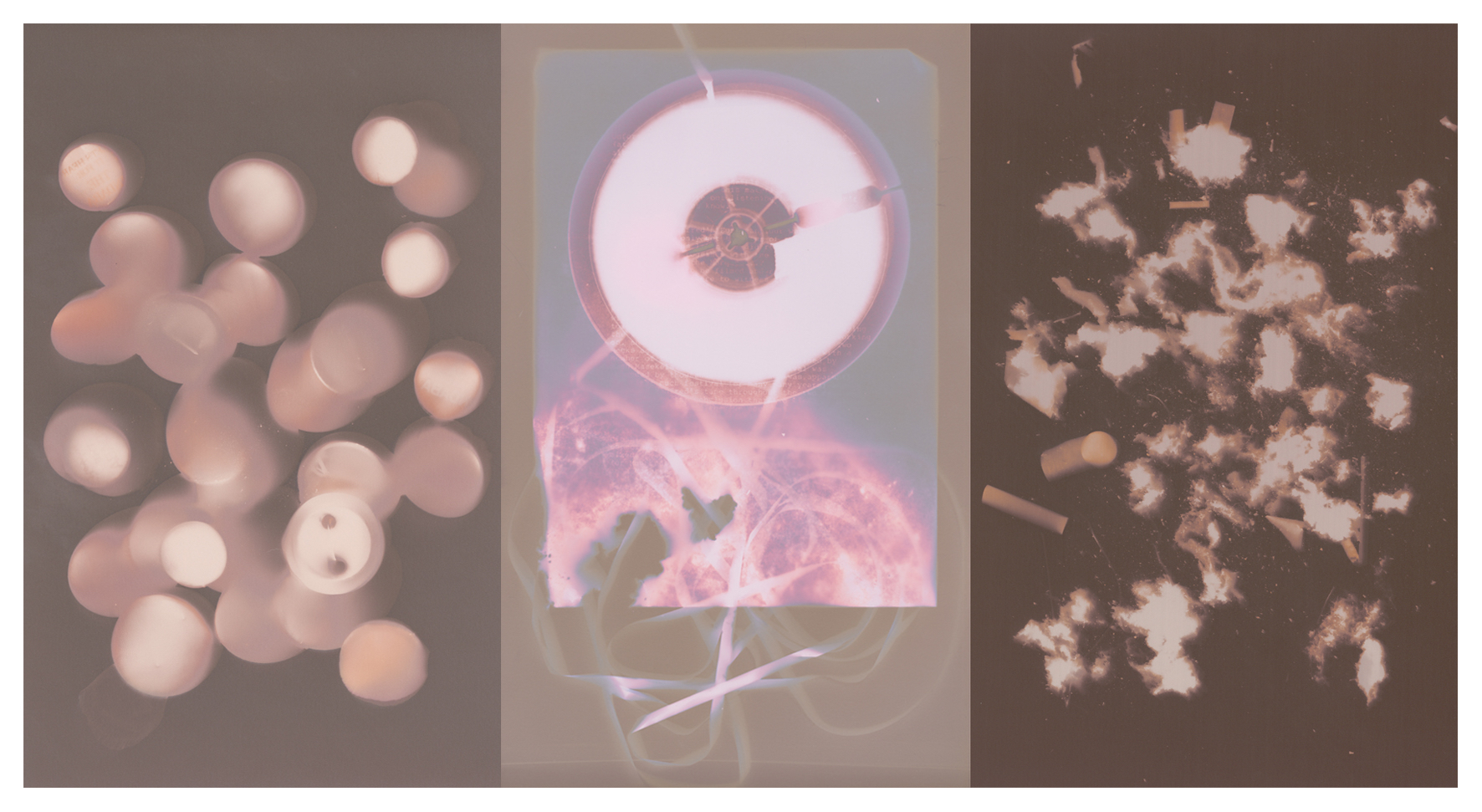

Jurie Senekal
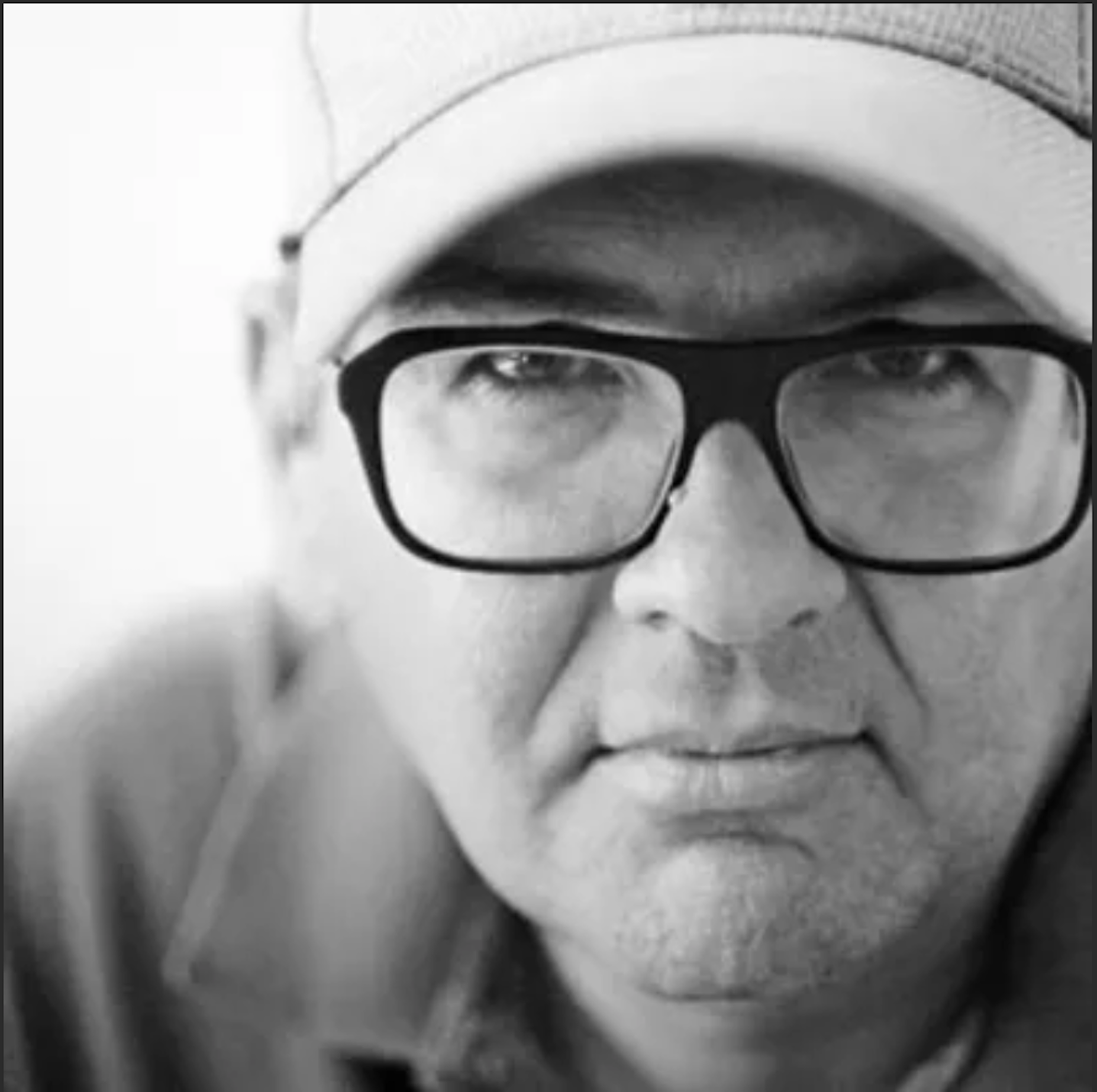
Jurie Senekal is an accomplished photographer known for his meticulous work in both the fine art and commercial fields of photography. He developed an early interest in photography by building a darkroom at home during high school, later pursuing his formal education at the Michaelis School of Fine Art, University of Cape Town, where he graduated with distinction in 2000. His fine art photography showcases a profound understanding of light and composition, as he continually experiments with innovative techniques in both digital and analogue formats. While successful in commercial photography, Jurie's true passion lies in creating personal work that reflects his experiences traveling the world, capturing the essence of diverse cultures and landscapes. In addition to his artistic endeavours, Senekal is committed to promoting photography and mentoring emerging talent, contributing to workshops and inspiring the next generation of visual storytellers.
About project
Senekal and Deane collaborated to create a series of lumen print experiments with decayed materials from the Hidden Years Music Archive. This anarchival investigation plays with the temporality of the lumen printing process to explore the traces and markers of time passing. The contact prints require UV light exposure so the archival objects we capture impressions of are brought outdoors for their shadows to be transferred by the sun onto vintage photographic paper to produce unusual visual effects of an essentially unpredictable alchemical process. The medium of outdated paper (from Senekal's personal collection) provides significance as another form of decay – what would be considered unusable by industry standards that apply expiry dates to products, is repurposed, re- evaluated for another kind of capturing practice (outside of the dark room) via the natural interactive processes between sunlight, archival matter, chemical coating and duration (of exposure).
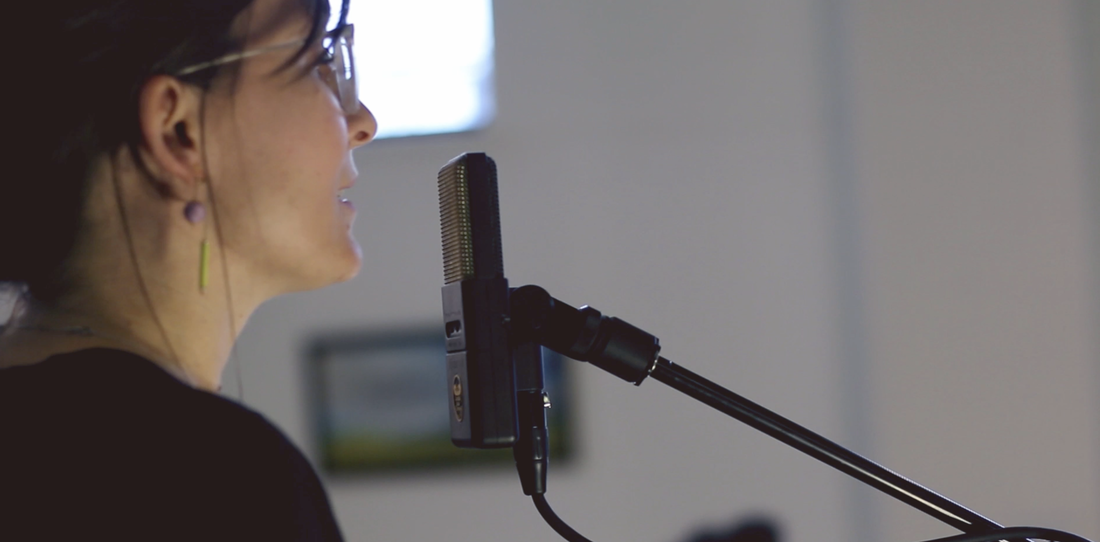
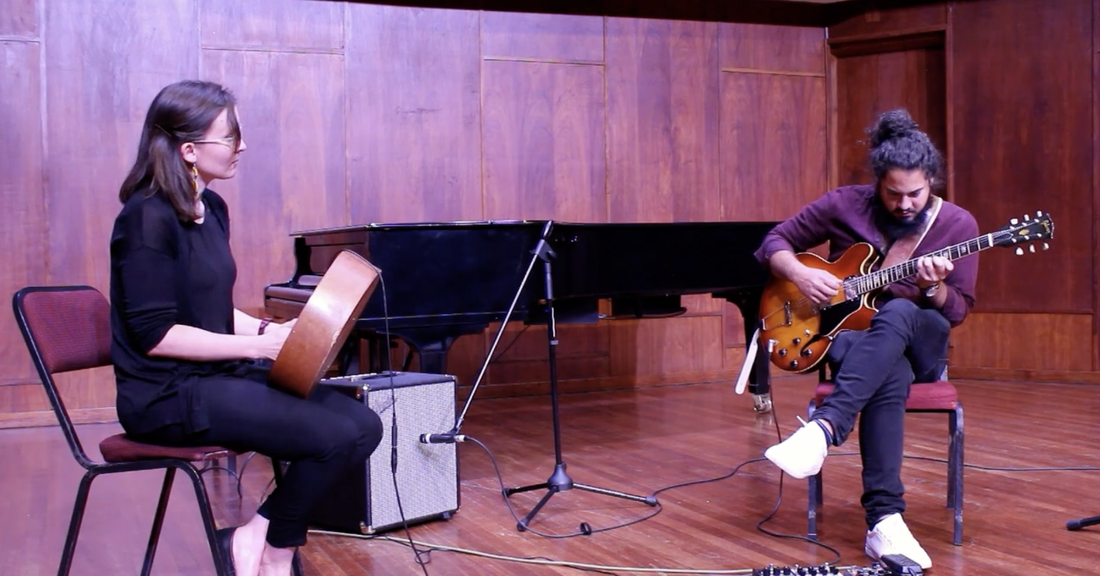
Cara Stacey
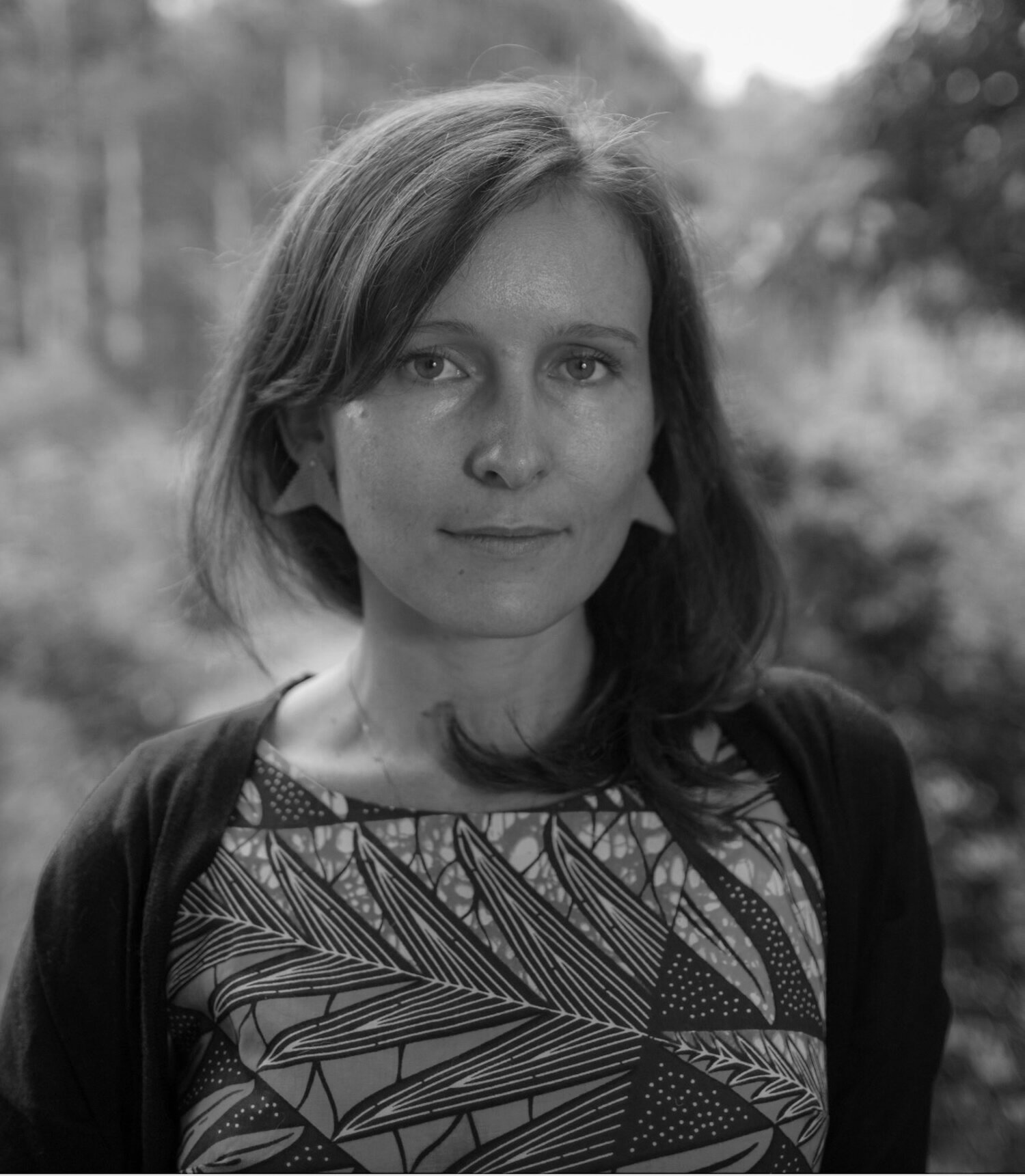
Cara Stacey is a South African musician, composer and musicologist and was the Standard Bank Young Artist for Music 2021. She is a pianist and plays the umrhubhe, uhadi, makhoyane musical bows. She holds a doctorate in African music, specifically looking at the makhoyane musical bow from Eswatini (University of Cape Town/SOAS). During her PhD, she was an NRF Freestanding Doctoral scholar, a Commonwealth Split-Site scholar, and the recipient of funding from the Oppenheimer Memorial Trust and the University of Cape Town. Cara holds a Masters in Musicology (Edinburgh), and a MMus in Performance from SOAS (London). Cara studied various African instruments (makhoyane, mbira, uhadi, umrhubhe and budongo) with Dizu Plaatjies, Khokhiwe Mphila, Bhemani Magagula, Tinashe Chidanyika, Modou Diouf, and Andrew Cooke. Cara has performed across southern Africa, in the United Kingdom, Brazil, Peru, the USA and Switzerland with the likes of Shabaka Hutchings, Sarathy Korwar, Dan Leavers, Galina Juritz, Natalie Mason, Beat Keller, Matchume Zango, Jason Singh and Juliana Venter. http://www.carastacey.com/
About project
Cara Stacey is working on a series of compositions drawing inspiration from decayed reel-to-reel tapes in the Hidden Years Music Archive. For this work Stacey is exploring the interfaces between musique concrete, live performance and graphic scores as a way of composing a series of works that allows collaborations between the human and the more than human - insects, time, and artificial intelligence.

